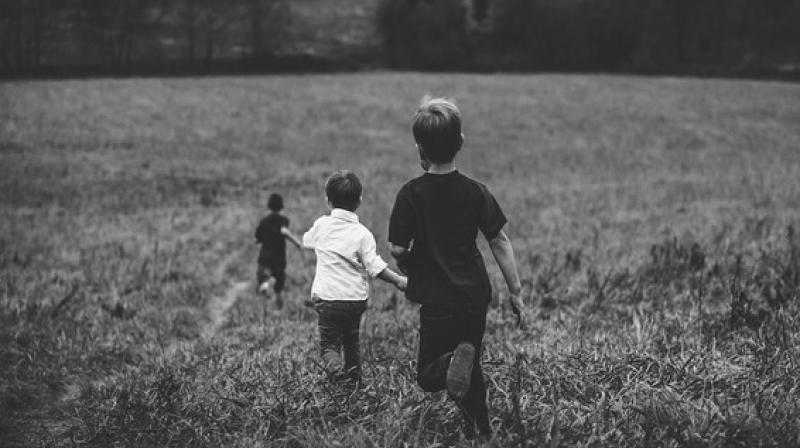Positive surroundings beneficial for child development

Washington: While having a positive surrounding is considered necessary for the overall development of a child, it is equally important to determine the long-term health of kids who have experienced adversity early in life.
A new study has found that a good childhood including friendly neighbours, teachers can help save the long-term health of kids.
"These findings show that the positive experiences in childhood lead to better adult physical and mental health, no matter what they face," said study author Ali Crandall, assistant professor of public health at Brigham Young University.
Specifically, the study found that even when an individual had four or more adverse childhood experiences (called ACEs), having a high number of advantageous childhood experiences (Counter-ACEs) lessened the negative effect of ACEs on adult health.
Participants reported the number of ACEs and Counter-ACEs they experienced in childhood. ACEs include abuse, abandonment, having a family member in jail, alcoholism, mental illness, addiction, divorce or death.
The full list of Counter-ACEs includes having good friends and neighbours, beliefs that provide comfort, liking school, teachers who care, having a caregiver whom you feel safe with, opportunities to have fun, feeling comfortable with yourself and a predictable home routine like regular meals and bedtimes.
According to the study findings, published in the journal Child Abuse & Neglect, nearly 75 per cent of participants had at least one adverse childhood experience, while the average amount of ACEs was 2.67 per person.
The average positive experience score was 8.15, with 39 per cent of people having experienced all 10 of those Counter-ACEs.
Participants also reported their current health through a variety of physical measures -- like BMI, fruit and vegetable consumption, physical exercise, sleep difficulties and if they smoked daily -- as well as their cognitive and mental health through executive functioning abilities, perceived stress, depression, internal locus of control, gratitude, forgiveness of self and challenging situations and familial closeness.
Interestingly, researchers also found that the absence of Counter-ACEs led to poor adult health regardless of the number of ACEs.
"As bad as ACEs may be, the absence of these positive childhood experiences and relationships may actually be more detrimental to lifelong health so we need more focus on increasing the positive," Crandall said.
Crandall believes that increasing counter-ACES in the home is the easiest place to start and is working to educate the community about how to do this in conjunction with United Way.
Click on Deccan Chronicle Lifestyle for all the latest and viral news on health and wellbeing. Follow us on Facebook.

